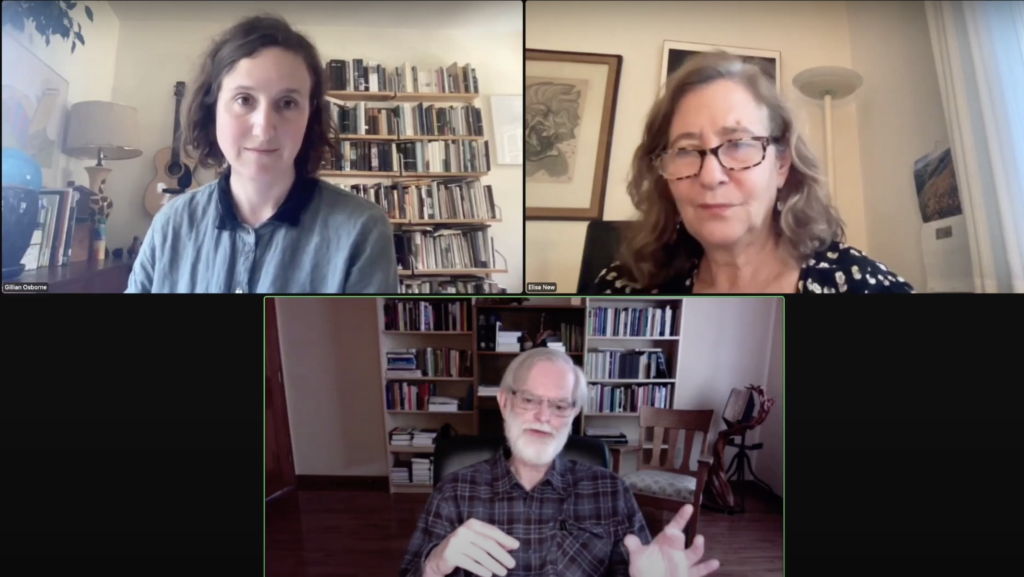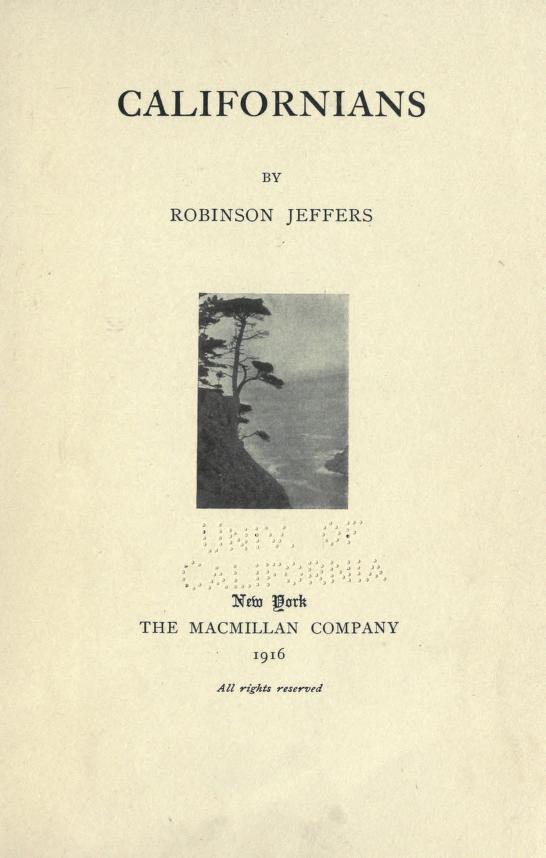Exploring American Humanity and American Nature through the poetry of Robinson Jeffers, Herman Melville, and Lorine Niedecker


By Ollie Marinaccio
The mythology of the vast “untouched” frontier has inspired American authors from James Fenimore Cooper to Thomas Pynchon. But, the natural world explored in the poetry of the early 20th century American poet Robinson Jeffers is not one of heroism or horses. Gillian Osborne – Instructor and Curriculum Designer for Poetry in America, Director of Curriculum at ASU’s Center for Public Humanities, and scholar of 19th century American and environmental literature – compares Jeffers’s reverence for American nature, and his Californian “cultural nationalism,” to famous American transcendentalist Henry David Thoreau’s relationship with the natural world in the century before.
In April 2022, Osborne and Elisa New, founder and director of Poetry in America, Director of the ASU Center for Public Humanities, and Powell M. Cabot Professor of American Literature at Harvard, discussed the intricacies of the nature-human connection that they term “transhumanity,” in a conversation moderated by Tim Hunt, Executive Director of the Robinson Jeffers Association. The Robinson Jeffers Association, like Poetry in America, prizes teaching poetry to broad audiences, thinking of poetry — to use Professor New’s phrase — as something for “the initiated as well as the uninitiated.”
Despite the breadth of literature it touches upon, this webinar was no exception to that mission. Osborne and New bounced off of each other with bits and pieces of different texts in conversation with Jeffers’s poetry. They started with two of American Romantic poet William Cullen Bryant’s poems, which imagine a world without anxiety and unconstrained by time. Osborne and New then compared being dead, alive, and conscious in Jeffers’s 1948 poem “Orca” and his 1963 poem “Vulture.” “Orca” quickly became the heart of the conversation, as they discussed Jeffers’s ability to portray struggles with human consciousness.
Finally, Professor New cited two moments from Herman Melville’s Moby-Dick: “Symphony” – the ocean’s shedding of perspective, and the morphing of Captain Ahab into the sea. This reference connects Jeffers, Melville and Lorine Niedecker, a Midwestern poet from the early 20th century. All three imbue their discussion of the transhuman blurring of consciousness with less the desire to discard humanity, and more the desire to embrace humanity in the context of surrounding nature.

This webinar reminds viewers of poetry’s power to act as a uniting force — linking humanity with nature, the present day with legacy — and bringing together authors who may never have met in the tradition of the literary movement that came to be known as ecopoetry. The discussion leaves viewers with a desire to explore the works of Jeffers, Melville, and Niedecker and some new tools with which to do so.
